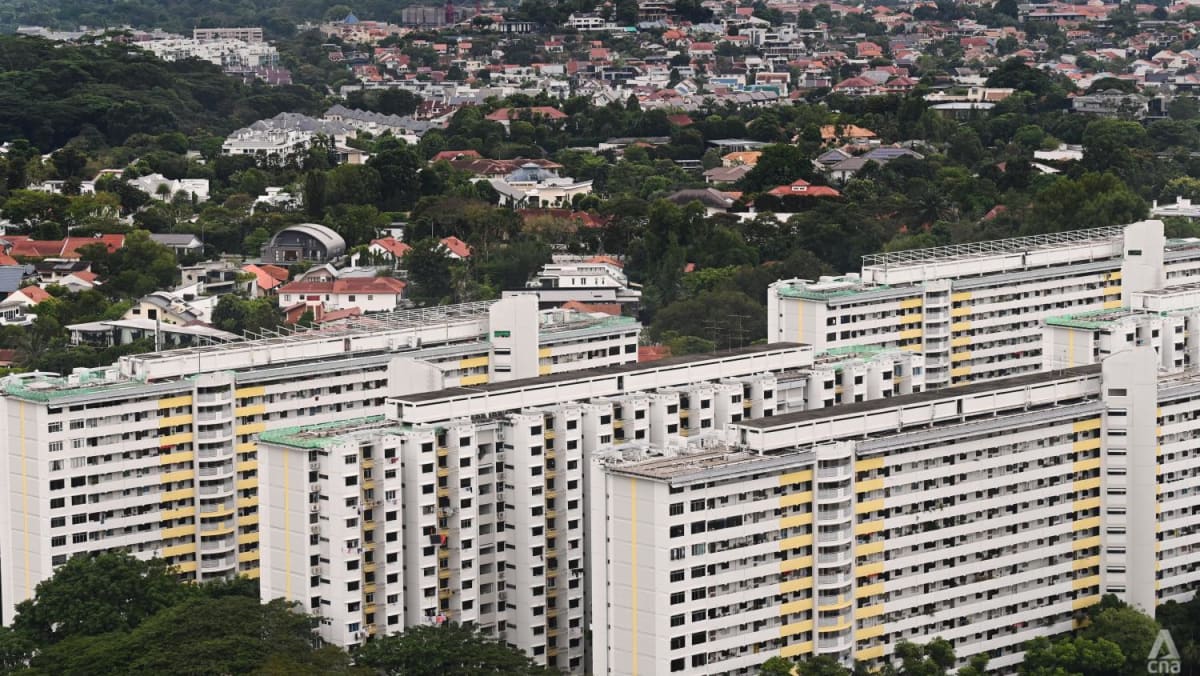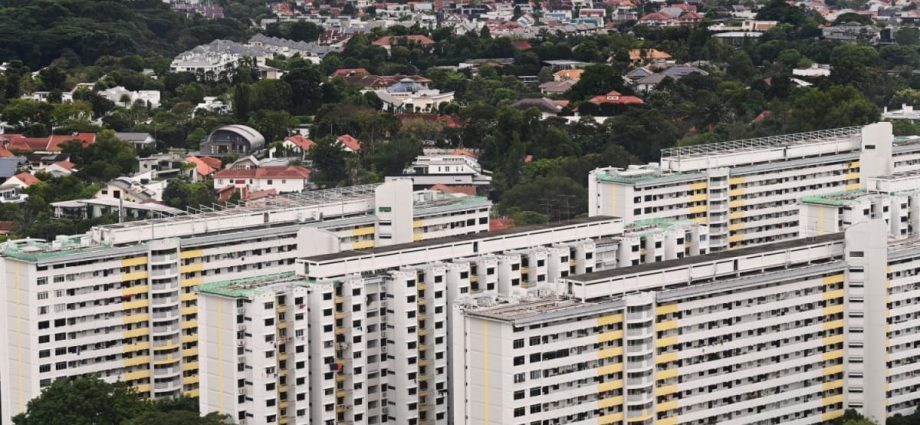
SINGAPORE: Singapore’s household debt situation is still “generally healthy” amid rising interest rates, with the proportion of non-performing home loans among financial institutions remaining low, said Minister of State for Trade and Industry Alvin Tan in Parliament on Thursday (Oct 20).
“Households with outstanding mortgages will see higher borrowing costs, as market interest rates rise from the exceptionally low levels of the past decade,” said Mr Tan, who is also a board member of the Monetary Authority of Singapore (MAS).
“But they will face the impact of the rise at different points of time … and it also depends on the type of loan packages that they have taken up.”
Banks in Singapore have revised home loan rates several times this year, as global central banks go on a rate-hike race to tame soaring inflation. Experts expect borrowing rates in Singapore to go up further, with the United States Federal Reserve poised for more interest rate increases.
Mr Tan said as of the second quarter, one out of three home owners who have taken up mortgages with financial institutions are on loan packages that move in tandem with market interest rates.
These borrowers have seen higher mortgage repayments over the past months.
The remaining home owners are either on fixed-rate mortgages or have loan packages with rates that are linked to bank board rates or fixed deposit rates. The latter tracks market interest rates but “with some lag”, he said.
“On the whole, the household debt situation in Singapore remains generally healthy. The proportion of non-performing mortgages among financial institution loans is low at 0.3 per cent,” said Mr Tan.
MAS does not expect widespread foreclosures in the near to medium term, he added, noting that the number of foreclosures has been on a downtrend since 2021.
Foreclosures – the legal process by which a lender seizes and sells a property after a borrower is unable to meet their repayment obligation – has remained low at fewer than 30 units so far this year.
According to Mr Tan, this partly reflects the measures that authorities have put in place over the years to limit the amount one can borrow to buy property, including the latest property cooling measures that comprise tighter limits on housing loans and a wait-out period of 15 months for private property owners before buying HDB resale flats.
Mr Tan added that stress tests conducted by the MAS suggest that most households should still be able to service their mortgages under scenarios of further interest rate hikes and significant income losses.
But a “relatively small portion” of highly-leveraged households may be more constrained under a stress scenario.

